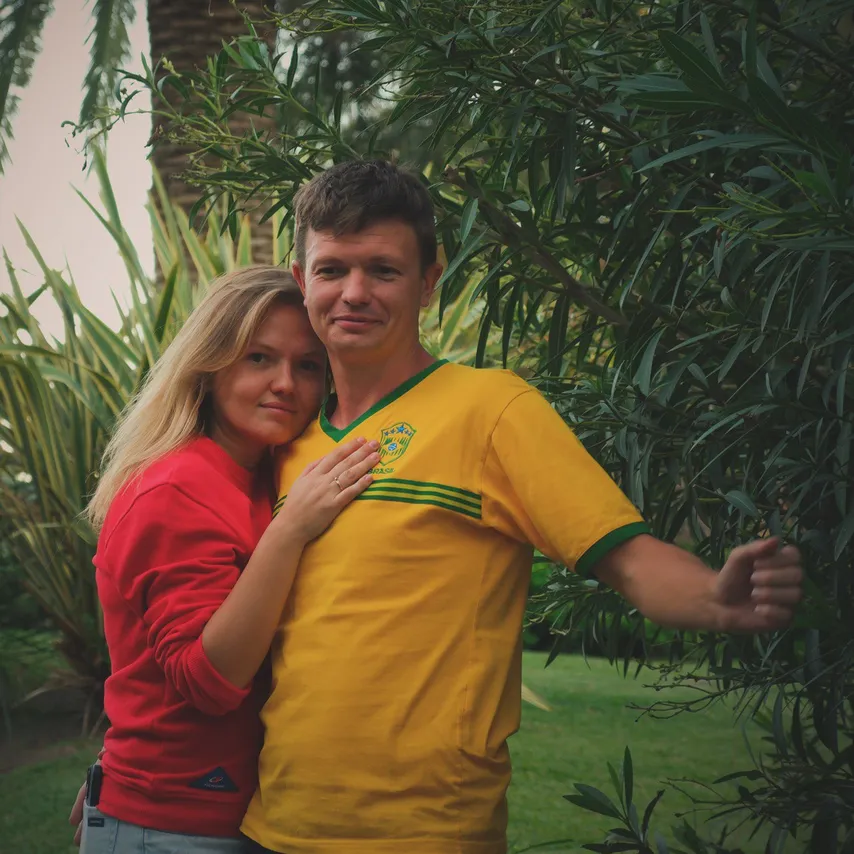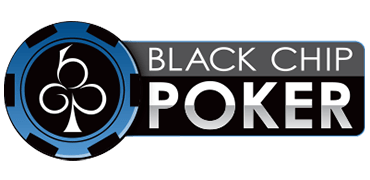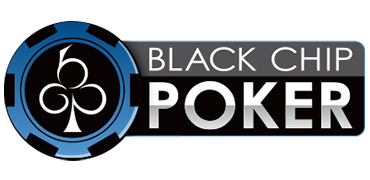Natasha Ego1stka talked to online grinder Vyacheslav Balaev (nicilawcoop), who runs a blog on the forum from " 0.8 to 10k in 100 days ". Vyacheslav talked about the downsides of the legendary Triton series, the importance of sports, the ability to switch and play 7.5k tournaments a year. And also about the myths that go around about Chinese amateur players and in Russian cities. By the way, Vyacheslav recently made another win , so don't forget to add his blog to your bookmarks!
– Hi, Vyacheslav! It seems you are the only Russian-speaking player who criticized the Triton series. Was there anything you liked about the event in Korea?
– Everything is relative. I have been to about 25 live poker series, almost always in Sochi. In terms of structure and organization, Sochi wins in all respects. It seems that Korea is worse in literally every respect.
– I saw that you didn’t like Sochi on your first trip either…
– Yes, the first impression was so-so, it didn't go over well. It seems like it was a Stars series, there simply weren't enough tables for the players. This surprised and puzzled me.
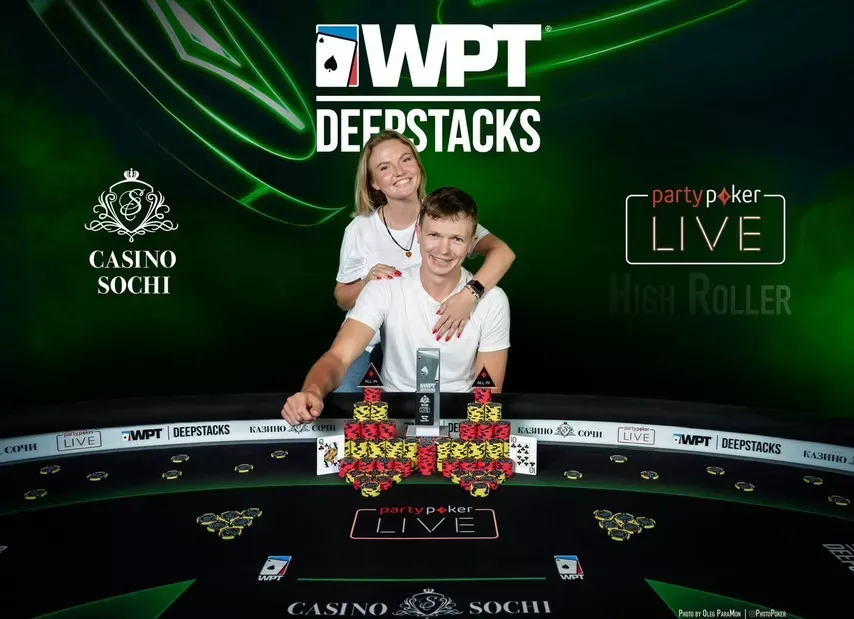
– How are parties and communication on Triton? Did you meet anyone interesting?
– In this regard, everything was fine. I talked to many guys whom I knew. It was interesting to meet in person those with whom we often meet online.
– How did you have fun and relax between tournaments?
– The hotel has a football pitch and a tennis court, but the weather was bad – rain every day and around +12, so we couldn’t really do anything. Stephen Chidwick’s wife and I played tennis and a couple of times mini-football 5x5. The rest of the time it was technically impossible to squeeze in anything other than poker.

– Which events do you like?
– Sochi is great, Cyprus is great too. I also liked the series in Altai, the organization there is worse, but the nature is great... The organization in Kaliningrad is not so great, but the city is awesome. My wife and I came there for the series and we liked everything so much that we stayed for four months, decided to live there.
There were also a lot of problems in Barcelona in terms of organization, but the sea and the city are cool there, so all the negativity is smoothed out. So Triton confidently takes the penultimate place in my top.
– Do you have plans to go to the WSOP? That's where the real trouble is, both with the organization and the weather.
– I’ve been planning to go there for four years now, but they keep denying me a visa. I’ve already tried in Brazil, where there are 15% refusals, and in Jakarta, where there are only 3%, and still no way.
– How about Latin American series?
– I lived in Argentina for a year and was there in Uruguay, nearby, for a series in October. Surprisingly, everything was very good. This series has become one of my favorites – the lineups are great, the structures and organization are excellent, the staff is polite. There are a lot of establishments around, a casino on the shore, which is also important. I really liked it. But now I live in Mexico, it’s a long way from here. It’s strange to spend $2,000 on tickets to play a $500 tournament.
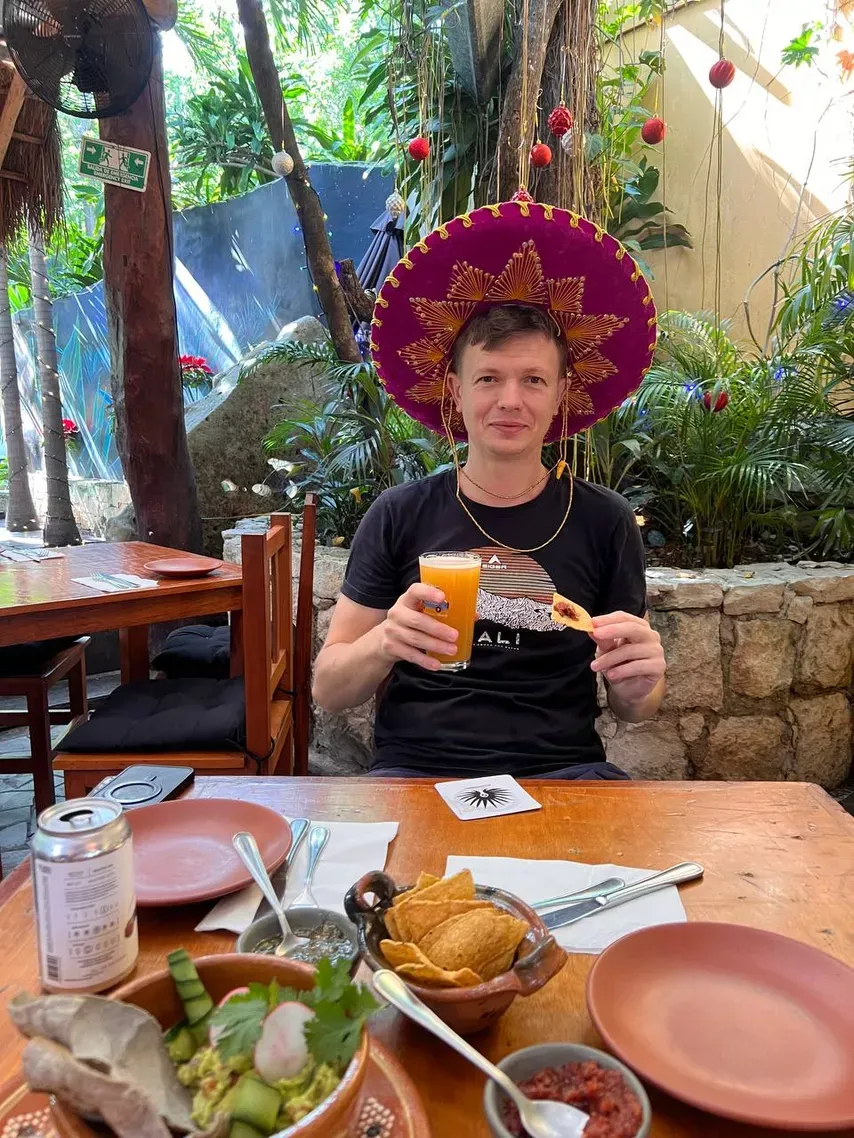
– I read that you liked Mexico much more than Argentina. Why?
– For a professional MTT player, Mexico is more convenient because of the time zone. I play quite a lot, 7,500 tournaments a year. My evening session in Argentina would end at 10-12 pm.
For me, and for most of my friends, a cool-down after a session is very important. In Mexico, for example, we play padel after a session. Here I finish at 18-19, which leaves three hours for sports. This really helps to recharge, in Argentina there was no such opportunity.
Plus we lived in Buenos Aires, a city of 16 million with all that entails – noise, hubbub, bustle. I didn’t like that. But in Mexico we live in a cozy village, there are many acquaintances in one complex, and there are plenty of poker players here.
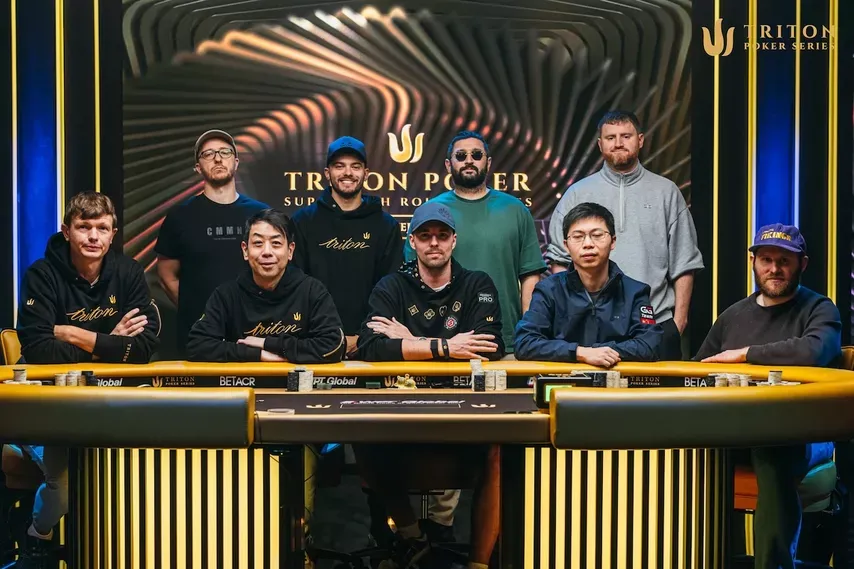
– Let's talk about your first Triton. Was this the first time you played such high stakes?
– Yes, live for the first time. Before that, my maximum was a $10,000 tournament.
– Were you worried?
– Probably not. I watched a lot of broadcasts from Triton, plus I constantly work on the game, and online compositions are obviously much more difficult. And live, my playing is not bad either.
There was no excitement, but I really didn't want to win back in a big minus. We planned to load $350-400k with the backer. If we don't get anywhere, and this is a very real scenario, then the week-long trip can then be recouped online for the whole year. In general, the main task was not to lose everything.
The level of play, frankly speaking, is very weak on Triton. 10% of regs play really well – most of them are ours, there are only a couple of foreigners. Old-school Triton regs are objectively playing very weakly.
In general, there are on average two online players at the table, it’s more difficult with them, and all sorts of Greenwoods and Dan Smiths didn’t cause any difficulties.
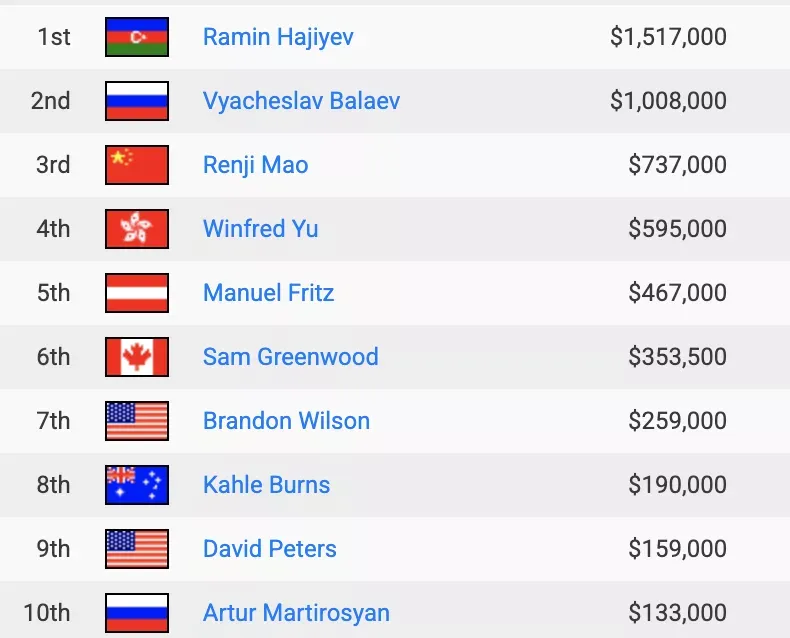
– And how is the field compared to Sochi? Did you have to adapt to the Chinese businessmen?
– There are so many myths about Chinese fish – like they go to A5o for 100 bb, give away stacks, but in reality there were no completely lost ones. Well, a Chinese businessman of 50+ years old sits down, technically he is of course weaker than the regs, but in general he is a quite thinking and understanding player. In general, I did not come across any fish at the table. Which is a shame, because I went with the hope that they would give me stacks in every hand, just like in the clips from the broadcasts.
– How is the field at Triton different from Sochi?
– In Sochi, 90-95% of players are amateurs. And here there are much more professionals, of course. Plus, ultra-top players like Artur Martirosyan, Juan Pardo, Adrian Mateos don’t make it to Sochi. It was interesting to play with them live, since we meet every session online. I also got to the same table with Phil Ivey , which was also nice. It’s clear that he’s already retired, but it’s still cool.
– Can you tell me about your 3-bet with 98o at the final table? (Final table highlights, hand #2)
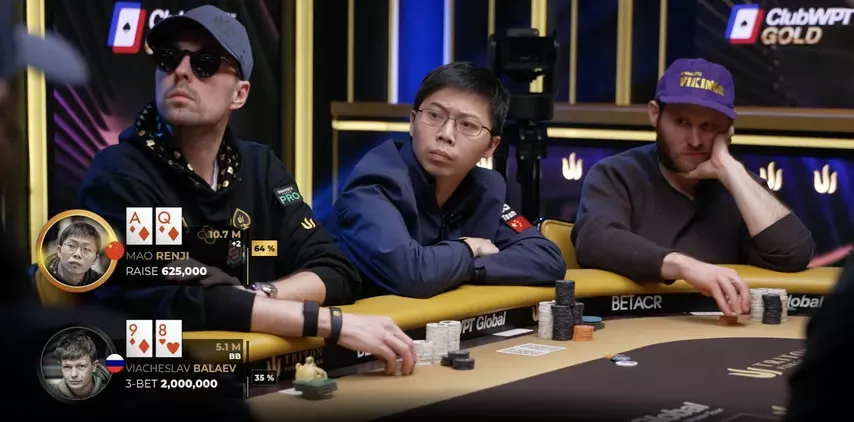
– Mao Renji is a professional, we played with him all day, so there is a lot of information on him. He plays rather passively postflop. In general, the opponent is thinking and understanding, but tight. Mao was the chip leader at that time and should open about 25% in such a situation.
The hand was a good one – the bottom of the calling range, such hands are actually not bad to 3-bet if you are choosing between calling and folding. But that's if you are sure that you won't make mistakes postflop.
I knew for sure that Mao would not try to push postflop and would play according to the card.
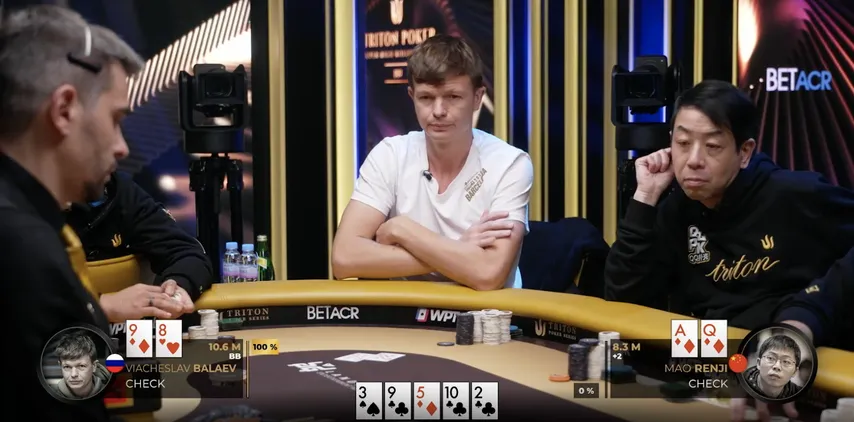
– Would you fold if he bet on the turn or river?
– Yes, against him easily. On the turn SPR was already 0.6, so I would only pay a very small amount, like 10%, I would definitely fold to a push.
– Were there any other difficult hands during the series?
– There was a hand against Alex Foxen in a $30k tournament that was pretty nerve wracking. Probably the most nerve wracking of the entire series. We had 60bb stacks, fifth or sixth level of the tournament.
Foxen opened from BTN, we are in BB with K2o, flop is J72 with two spades, we have Ks.
I check, Alex immediately bets big, about 75%. In theory, our hand is already indifferent, but I wanted to play. The big bet here is very polar, with flush draws they usually start with smaller sizings. I decided that when the spades come out, I will bluff.
Turn is offsuit 4, I check, Foxen bets big again, I call. The river brings a flush, the straight is missing.
I played a donk push, a small overbet. I expected him to fold quickly. I knew he had to have a strong one, but I can't think of any bluffs.
Alex thinks for a long time and burns one time bank card after another. I think he used about eight of them, but eventually threw them away.
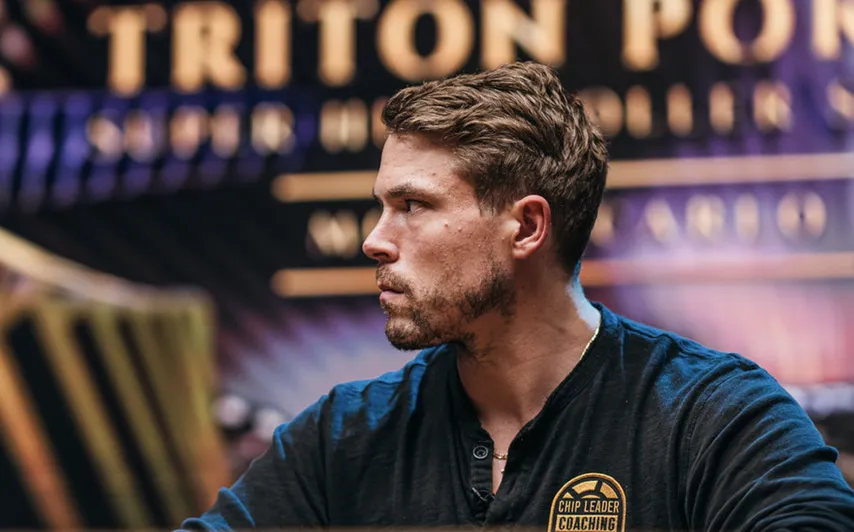
I was pretty nervous then. The fact that late registration wasn't closed yet added to my anxiety. I sat and thought: "Now they'll open me up, and I'll have to re-enter for $30k."
The distribution turned out to be completely unnecessary, it could have easily been missed.
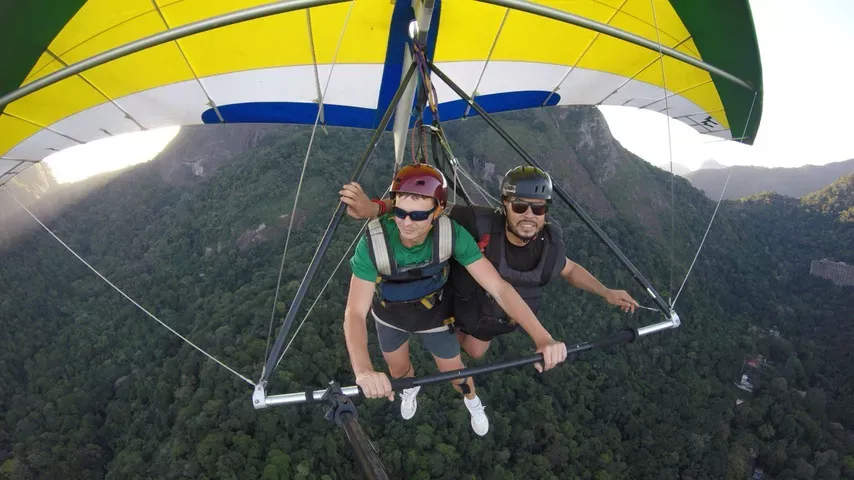
– Did winning a million affect your life in any way? Maybe you bought something extravagant?
– No, rather a pleasant bonus; financially, nothing has changed for me.
Now we live in Mexico, there are no plans to stay here for a long time and think about housing – definitely. I would like to return to Russia when I am not so active in playing. If we lived in the Russian Federation, then maybe I would buy an apartment on a half-thought-out wave. But now we live in the village, here if you buy something, then a good bicycle)
– Did you celebrate the win?
– The schedule was very tight, I had to play from 2 pm to 2-3 am. In other series you finish around 9 pm and can calmly meet with friends, have dinner and chat. But here everything is the same – playing poker and sleep. On the last day of the series we spontaneously gathered in the lobby and sat in the restaurant.
– Were you at the Triton party?
– They say it was nice there – bowling, billiards, the guys praised it. But I slept through it)
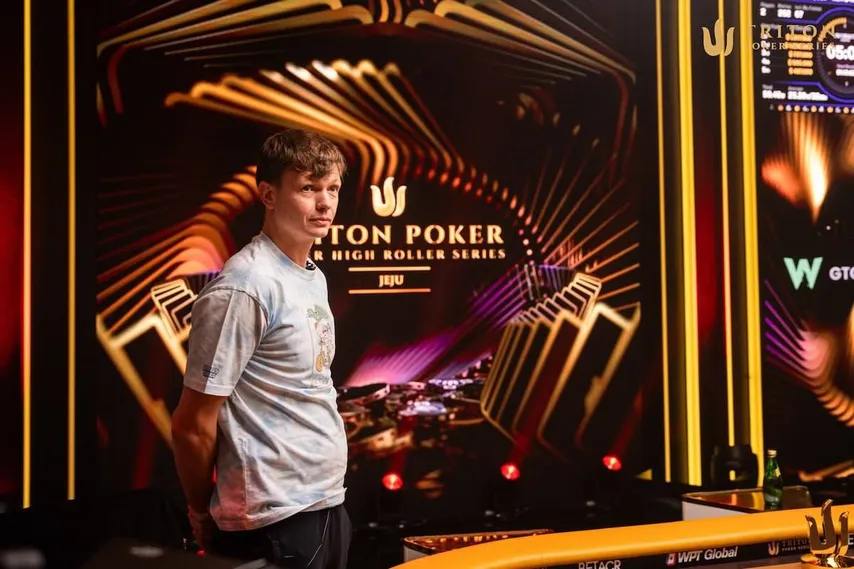
– You used to often organize marathons and put up MAZs in your blog. Did they help you achieve your goals?
– In 2016, I started playing at the headquarters in Chelyabinsk, I had to come to the apartment and play there. I didn’t like the attitude towards the players and after three months we broke up. As a result, I was left alone, without poker communication. That’s why I came to GipsyTeam and opened a blog.
My first marathon – from $800 to $10k. I launched it for motivation, and it really helped me. Plus, I got readers and some responsibility to them. I felt that I should definitely earn these $10k in 100 days. Because of this, I approached the sessions more responsibly. Usually, it doesn’t matter whether you won $300 or $400, but during marathons, you pay attention to such moments.
– How do you motivate yourself now?
– The format has changed. I train in a small conference of regs with top coaches, it is wildly motivating. The coach sets goals, and I make maximum efforts to achieve them.
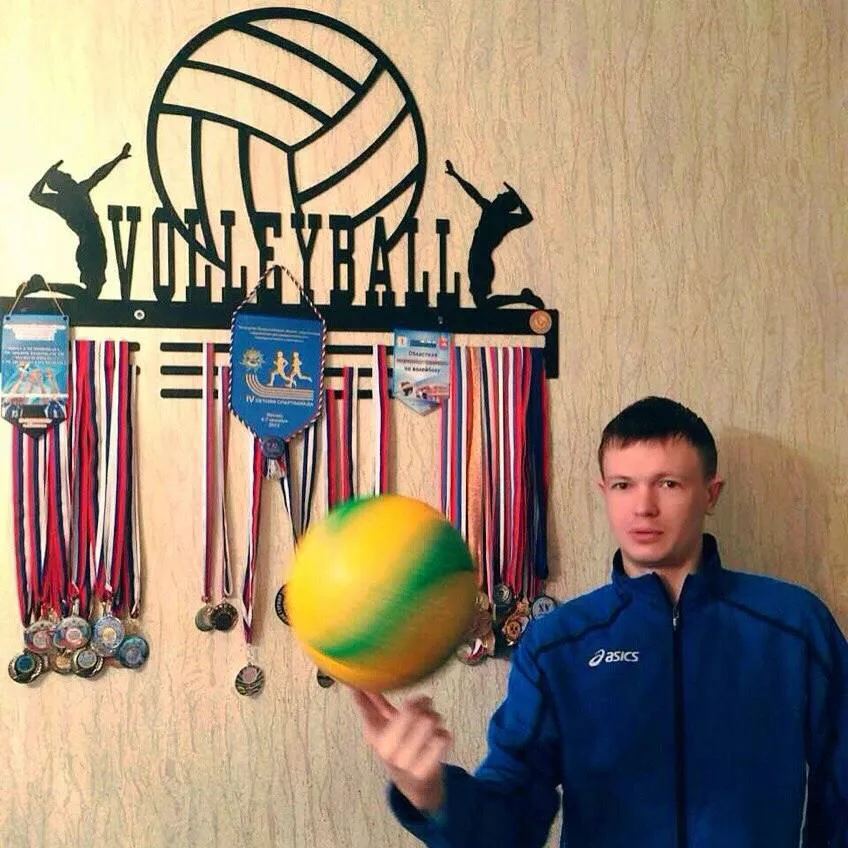
– I read that you worked with a mental coach and that it “turned your understanding of many things upside down.” Can you tell us about it?
– Yes, I then got into the Futti18 fund, and at the very first training session, Sergey said that they had started working with a mental coach. At that time, I lived in a village near Chelyabinsk and didn’t understand all this at all. Who are these mental coaches of yours? I thought that it was for those who were not quite right in the head. I definitely didn’t need that! But it turned out that everyone on the team went to these training sessions, so I went too.
At the very first training session I realized that it was a mistake not to pay attention to this earlier ) It turned out that the mental component in poker, even at ABI $100, is almost more important than the technical one. Preparation for sessions, cool-down after, setting goals, understanding your own motivation and all that stuff.
Tendler's books and Brad Stalberg's "At the Peak" also helped me a lot. Thanks to them and training, I realized that in poker, it is not the one who knows more who wins, but the one who makes fewer mistakes. Success is a combination of technical skills and mental preparation.
– Do you use any tools from there?
– Warm-up before the session is a must. In addition to technical training, I always go to the gym or to the pool. I compared for myself – when I missed the warm-up, the quality of the game significantly worsened. I also practice meditation. In my case, sports greatly affect the game, even a simple bike ride helps me switch off.
Cooling down is also important, and not only technically, for me personally it is also a sport. It affects recovery and the quality of the following sessions.
Without all of this, you simply won't be able to play 3 times a week, 5 tables at high limits and show A-game. The dispersion is high, so you are simply forced to play 6-7k tournaments a year if you want to earn $400-600k.
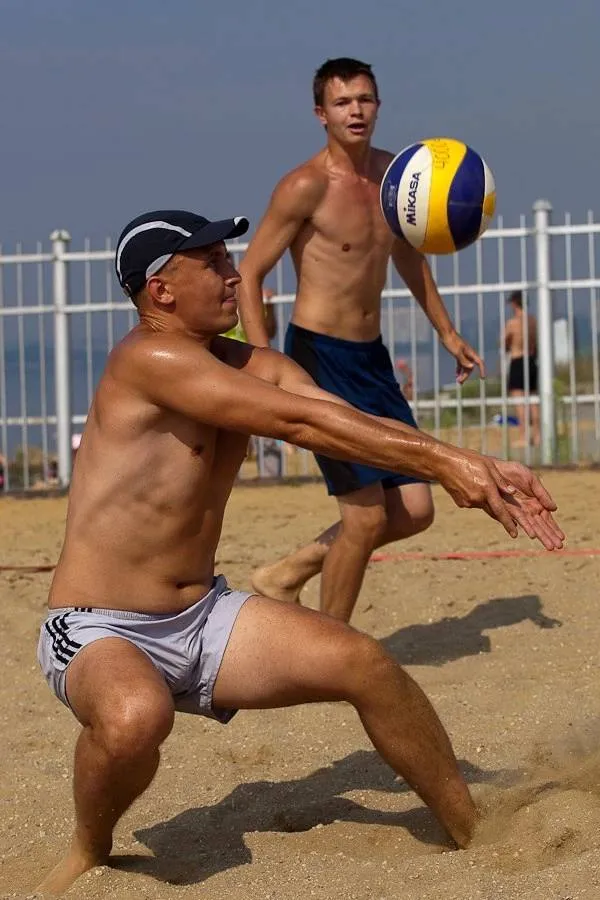
– You were born and lived for a long time in the Chelyabinsk region. There are many legends about Chelyabinsk. What is life like there in reality?
– I think, like in any provincial city in Russia. I lived in a village near Chelyabinsk, so I don't even know. Life is life. On the plus side, prices are low )
– How did you get into poker?
– I graduated from technical school, went into the army, and then got a job in my field. The place was so-so – the Chelyabinsk Zinc Plant. For the first week, it seemed that even the army was better. I wanted something more. A friend played poker and posted screenshots of his wins, so I got interested too. I started to figure out what this poker of yours was – at first, I was depositing one deposit after another, even got into loans. But one day, I got lucky, won a kilopole on Stars for $7. Got $25,000 [Ed. – Oh, those were the days!] . Friends advised me to get a coach, and that’s how I ended up at headquarters. I got some basic knowledge there, but soon went freelance. And then I took a training package from Ilya Legend, and that’s how my professional career began.
– Which faces were the hardest for you to overcome in the beginning?
– Calls on the river. You show down, look at the nuts and you're out. And so on day after day.
Mentally, I lacked concentration. The Chelyabinsk region is +2 hours from Moscow time, sessions ended at 7-8 am, I went to bed at about 10, and then woke up completely exhausted in the evening. If you live like that for half a year, you can turn into a complete vegetable. I also played volleyball before poker, but gave it up when I started playing more poker. It was even harder because of this.
In general, there were enough faces. I made a lot of mistakes, but the others, apparently, made even more)
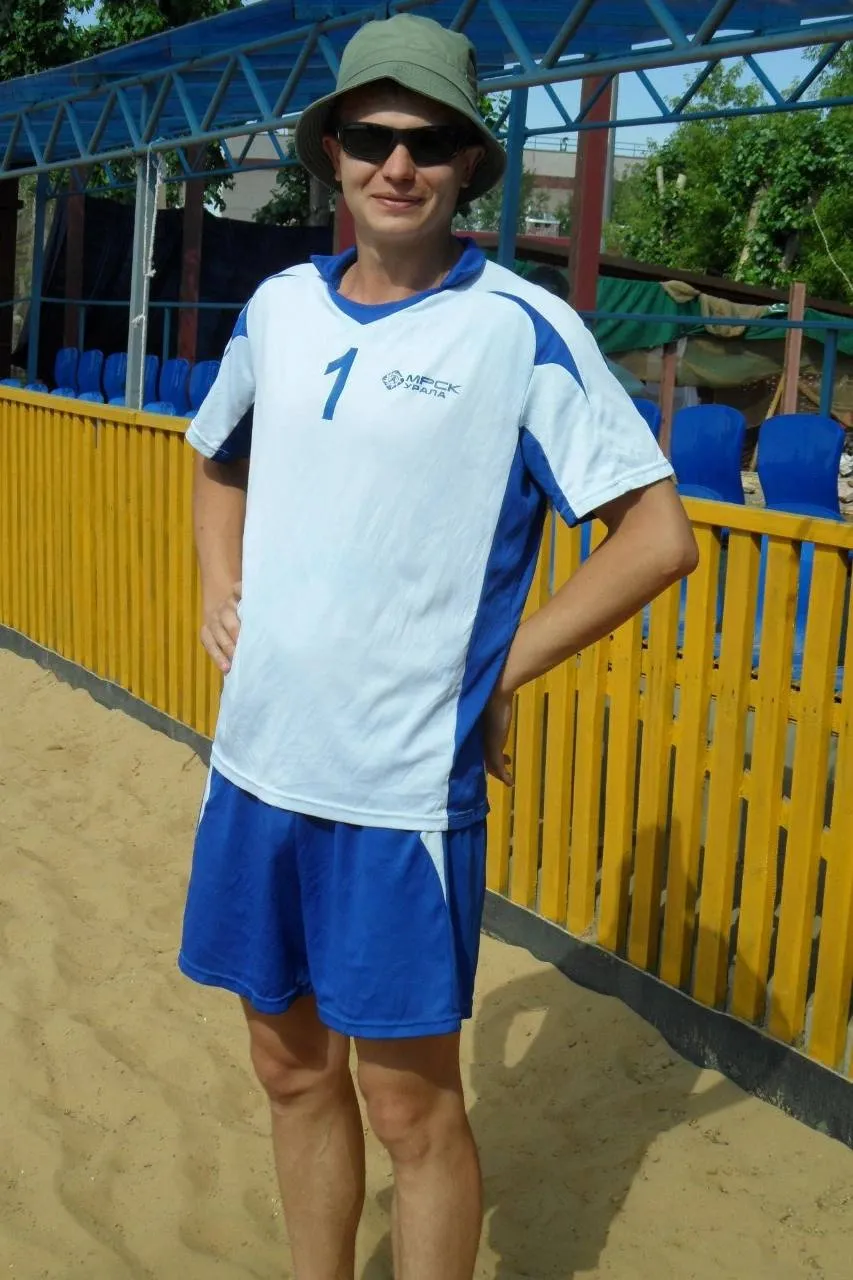
– Are you more focused on online or lie now?
– Live fields are weaker, but it’s a step back in technical terms. Returning to online at high limits will be incredibly difficult later. A year-long break is already, consider, the end of a career. Take the same Mateos and Pardo – I just played with them on Triton, and in a couple of days they are already grinding $100 tournaments. In general, everyone who is currently at the peak definitely plays a lot online. It’s inevitable.
– What would you like to achieve in poker?
– The plan for the year is to consolidate at ABI $500 with a double-digit win rate. For the last year and a half, my win rate has been around 11 bb/100, and my coach requires 15)
The three-year plan is to reach high stakes while maintaining a good win rate. I have an example of my good friend Vladimir Minko in front of me. I want to be like him, play any tournaments without selection. For example, a $25k tournament is held as part of the series, and I can sit in it because I am good regardless of the lineups. In general, I want to reach the maximum level in MTT, and then retire. Oh, and also accumulate a bankroll, I forgot the most important thing))
– Have you already thought about what you want to do in retirement?
– I will spend time with my family and engage in self-development. My son is 11 now, I would like to devote more time to him. I currently play paddle and tennis, I would like to play more when I retire.
